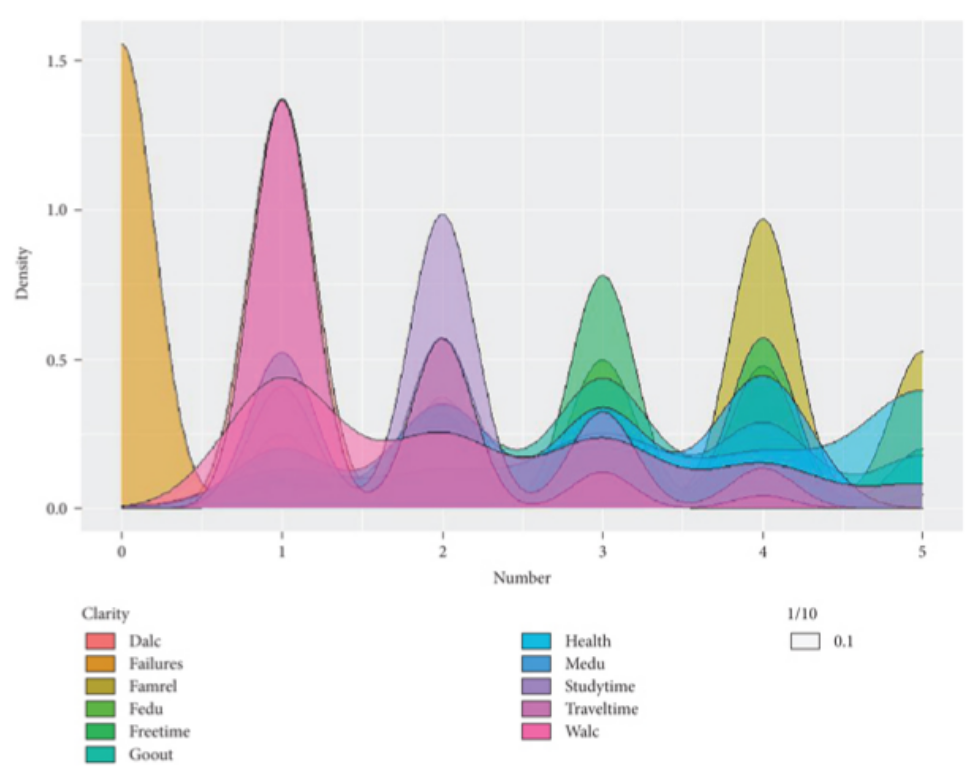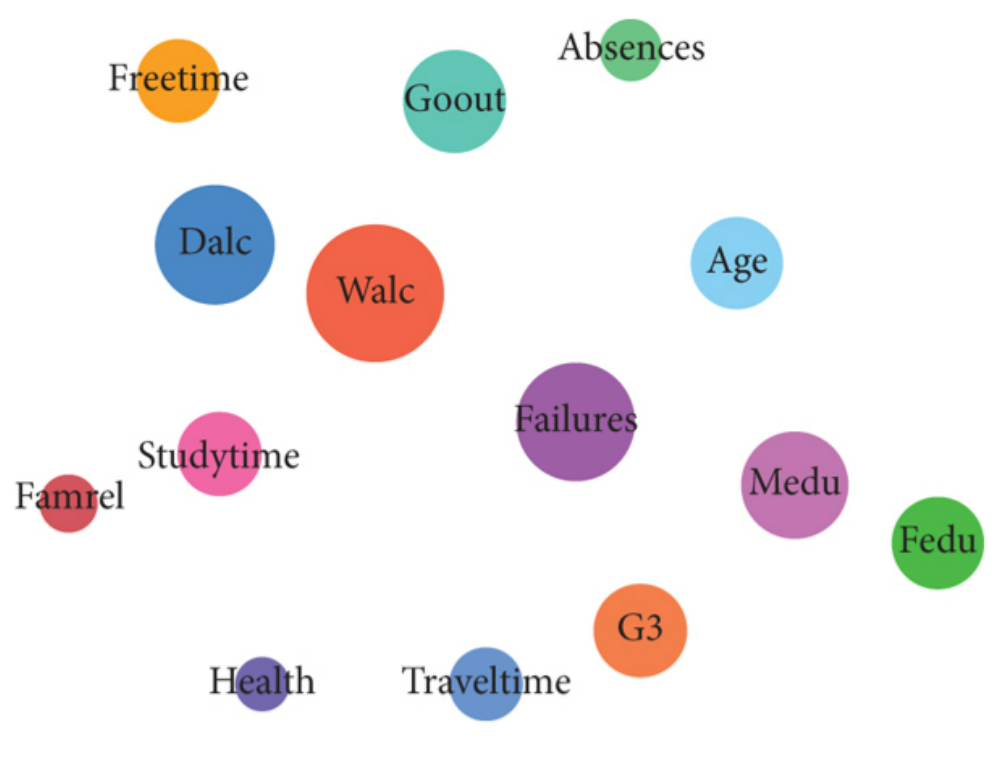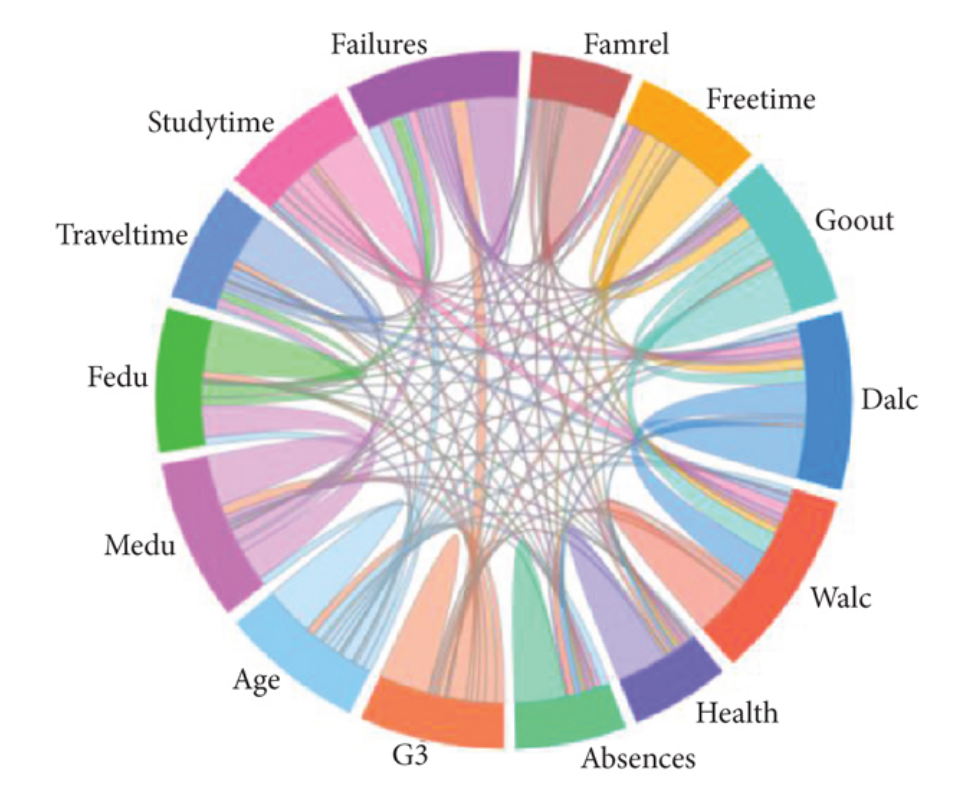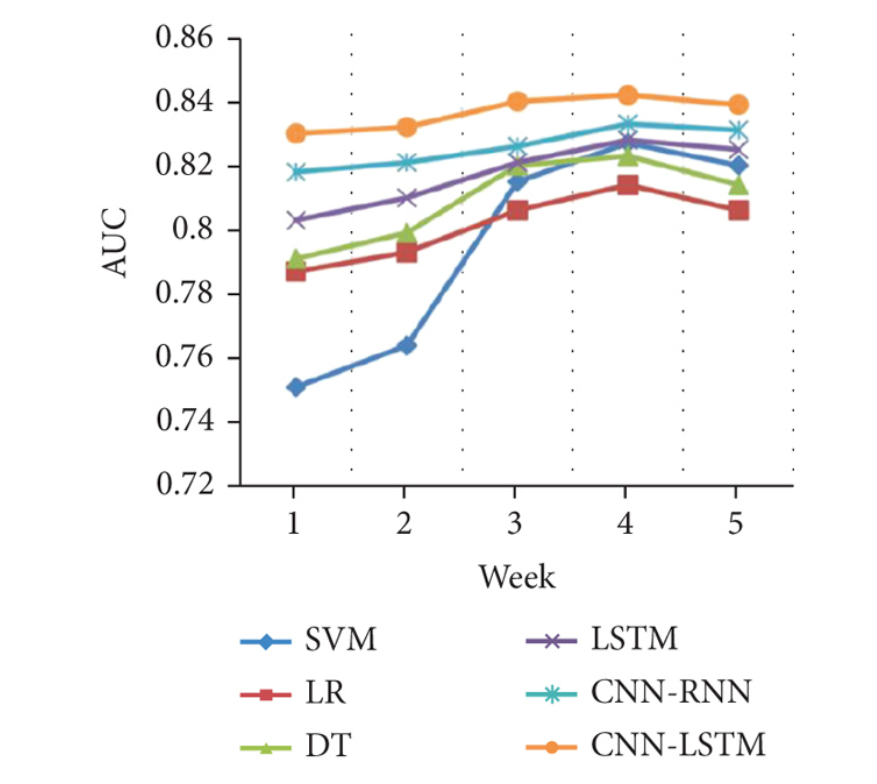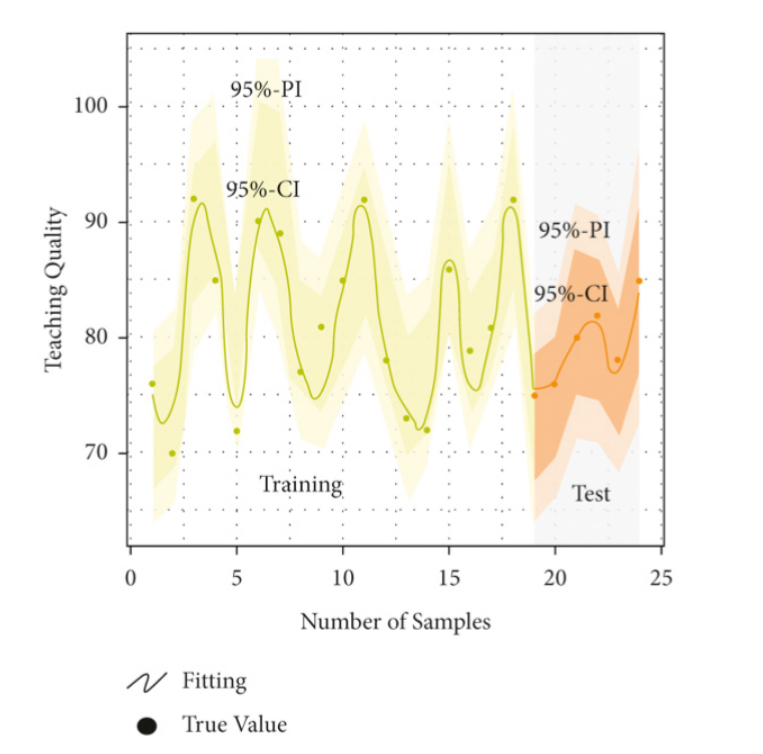 An open access journal
An open access journal
Research on Emotional Regulation Strategies in Second Language Learning Contexts Under the Background of Further Education and Employment of English Majors
Abstract
Second Language learner emotions has been a hot research topic recently. In the realm of emotion regulation, both theoretical frameworks and empirical studies have yielded substantial findings. This study explores emotion regulation among English majors within the contexts of further education and employment. Semi-structured interviews were conducted with seven English majors, and their responses were transcribed and analyzed using Nvivo. The findings indicate that: (1) emotion regulation strategies differ between English majors in further education versus employment contexts; (2) their choice of emotion regulation strategies is influenced by internal factors such as beliefs and personality, as well as external factors like interpersonal relationships and environmental conditions. These results contribute to the understanding of emotion regulation in the contexts of further education and employment, offering practical guidance for English majors in managing their emotions.
Share and Cite
Article Metrics
References
- Gross, J. 2015. Emotion regulation: Current status and future prospects[J]. Psychological Inquiry, 26 (1): 1-26.
- Harley, J. M., R. Pekrun, J. L. Taxer & J. J. Gross. 2019. Emotion regulation in achieved situations: An integrated model. Educational Psychologist 54(2): 106-126.
- Pessoa, L. 2008. On the relationship between emotion and cognition. Nature Reviews Neuroscience 9(2): 148-158.
- Swain, M. 2013. The inseparability of cognition and emotion in second language learning. Language Teaching 46(2): 195-207
- Li, C., & Dewaele, J. 2024. Understanding, measuring, and differentiating task enjoyment from foreign language enjoyment. Individual differences and task-based language teaching, 87-114.
- Oxford, R. L. 2017. Teaching and Researching Language Learning Strategies: Self-regulation in Context (2nd Ed.) [M]. New York: Routledge.
- Pavlenko,A. 2013. The affective turn in SLA: From ‘affective factors’ to ‘language desire’ and ‘commodification of affect’ [C] D. Gabry's-Barker & J. Bielska. The Affective Dimension in Second Language Acquisition. Bristol, UK: Multilingual Matters, 3-28.
- Han Ye, Xu Yueting, Li Zhan, et al. Graduate student academic paper writing and published situation of emotion regulation strategy research [J]. Modern language, 2024,47 (01) : 114-125. The DOI: 10.20071 / j.carol carroll nki xdwy. 20231027.003. (in Chinese)
- Han Ye, Xu Yueting. A study on emotional experience and emotion regulation strategies in second Language Writing learning from the perspective of Positive psychology: A case study of written corrective feedback [J]. Foreign Language Field,2020,(01):50-59.] (in Chinese)
- Li Chengchen, Li Wei, Jiang Guiying. Retrospect and prospect emotions research in second language learning: [J]. Modern language, 2024,47 (01) : 63-75. The DOI: 10.20071 / j.carol carroll nki xdwy. 20231027.006.(in Chinese)
- Xu Jinfen, He Dengke. A survey on emotion regulation strategies of Chinese College Students in English Learning [J]. Journal of Foreign Languages Institute of PLA,2021,44(05):1-9+160. (in Chinese)

